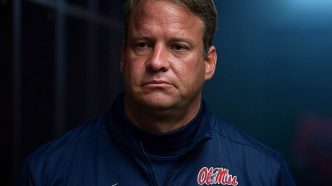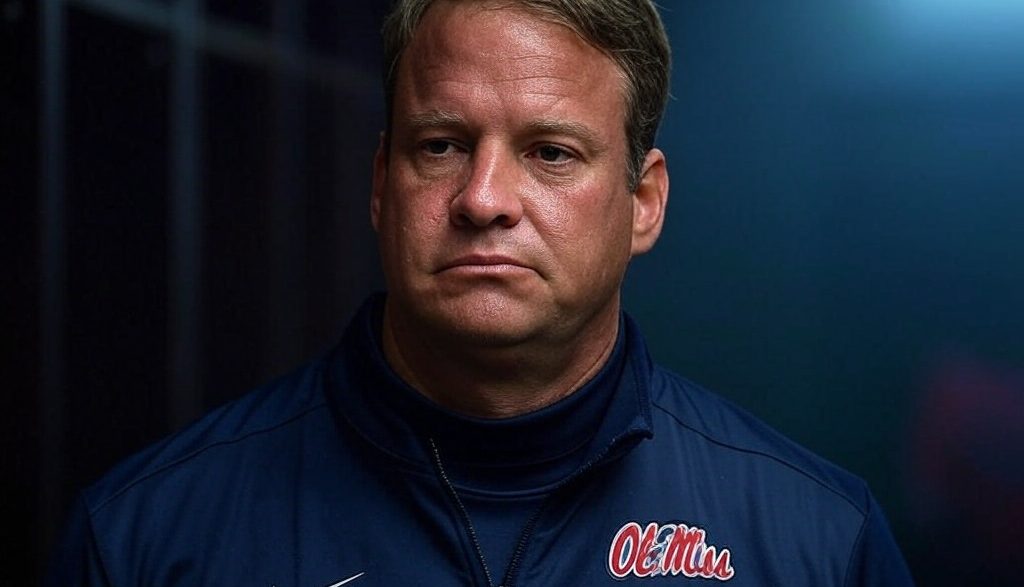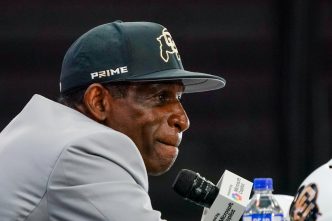The NCAA is introducing a handful of significant rule changes to college football ahead of the 2025 season, with one new adjustment targeting a controversial tactic that’s become increasingly common: faking injuries to slow down the game.
According to Alex Byington of On3.com, teams will now be penalized with a charged timeout whenever medical personnel are forced to enter the field to evaluate an injured player after the ball has already been spotted by officials. If a team has no timeouts remaining, a five-yard delay-of-game penalty will be assessed instead. This marks the NCAA’s strongest effort yet to crack down on players feigning injuries to disrupt an opponent’s offensive rhythm or avoid using a valuable timeout late in games.
The change comes after growing frustration across the college football community about the use of fake injuries as a strategic tool. In the past, the NCAA would only review suspicious incidents after the fact. Teams had to submit video of questionable injuries to NCAA national coordinator of officials Steve Shaw for review, and if it was determined that a player had faked an injury, the matter was referred to the team’s conference office for possible action. However, because this process happened after the games had already been played, it offered no real deterrent during critical moments. Now, with real-time penalties impacting the game immediately, the NCAA is hoping to eliminate the practice altogether.
In addition to the injury timeout rule, the NCAA also approved a change to overtime procedures. Moving forward, once teams reach the third overtime period, they will be limited to just one timeout for the remainder of the overtime session. Previously, each team was awarded a timeout per overtime period. This change is aimed at avoiding marathon games that drag into four, five, or even more overtimes, which the NCAA feels disrupts competitive balance and poses player safety concerns.
Perhaps the most intriguing development among the rule changes is the NCAA’s new stance on pre-snap behavior. To clean up gamesmanship before the snap, the NCAA will now ban defensive players from mimicking offensive signals, a tactic occasionally used to confuse quarterbacks and offensive linemen. Likewise, offensive players are now prohibited from using terms and calls that are traditionally associated with the defense. These “enhanced rules” are designed to maintain the integrity of communication at the line of scrimmage and limit the confusion that can lead to false starts, delay of game penalties, and general chaos before the ball is even snapped.
Together, these adjustments reflect the NCAA’s push to modernize college football by addressing tactics that many within the sport have long felt undermined fair play. While coaches and players will undoubtedly have to adjust, the changes aim to create a cleaner, more straightforward game for fans and participants alike when the 2025 season kicks off.







